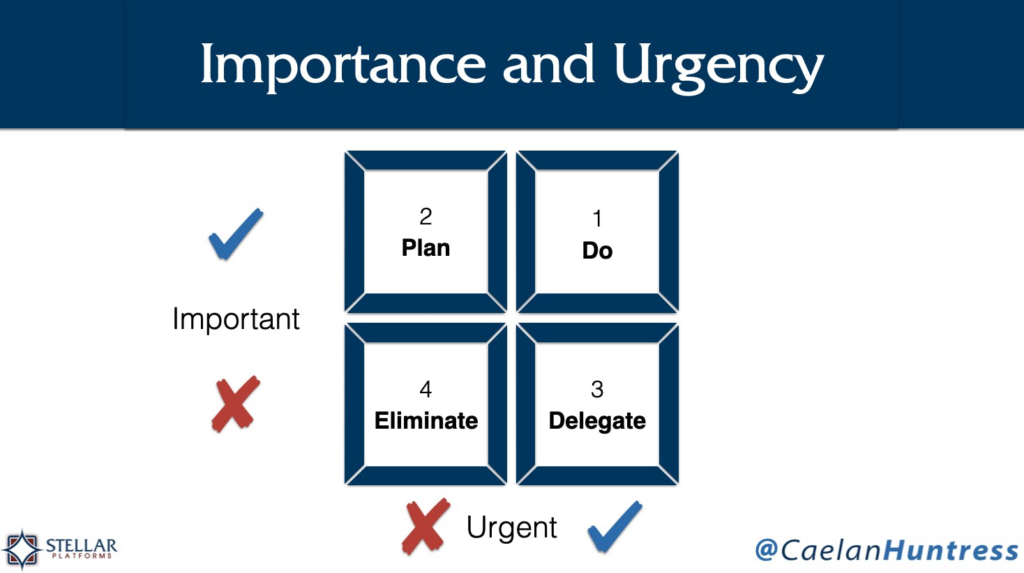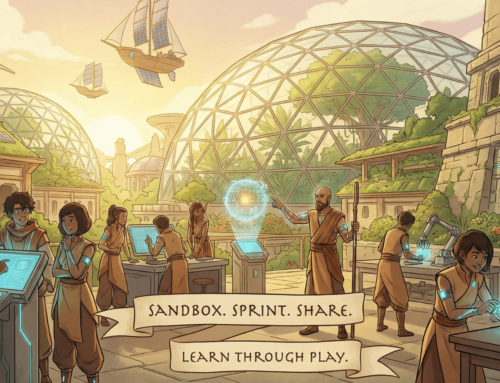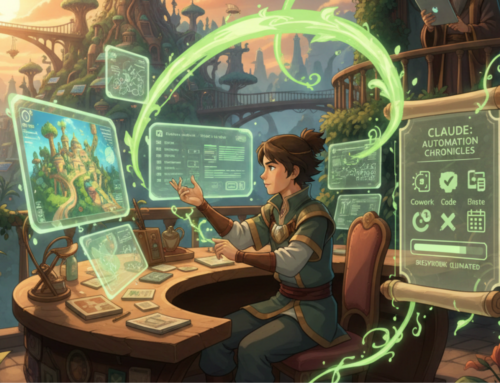The first three hours of my day are rigidly scripted. I find that having a choreographed morning routine removes my ability to make bad decisions about how my day starts.
(My morning routine changes as my life and circumstances change, so what I do today is not the same as what I did ten years ago.)
I often wake before my 6 am alarm. I spend that time listening to guided meditations, rather than doomscrolling on my phone, because I known that the liminal space between sleep and waking is the brain’s most impressionable time of day. At the stroke of six, I open the app on my phone for the Wim Hof Method, and I proceed with deep breathing exercises.
Then I shower, dress, and meet my wife and dogs in the kitchen for tea. We give the dogs an absurd amount of lovins, because it boosts oxytocin hormones in all of our brains. Then I journal a page, just to unlimber my thoughts, before going to my healing corner. I press play on my Power Playlist, a progression of songs that correspond to the stages of my morning routine.
First I stand on a vibration plate that is situated in front of a Joovv, a red light therapy device, for ten minutes. Then I bring out my yoga mat for 6 minutes of sun salutations, followed by 6 minutes of calisthenics – push-ups, sit-ups, and plank pose.
By 7:30 am I am walking a dog, and by 8 am I am writing. I start taking client calls at 9, and then I am into my workday.
Plan your work <-> work your plan
Knowing what is most important to work on is more effective than knowing how to do the wrong things well. I’m pretty good at posting on Twitter, and when I don’t have a plan in place for my morning, I could waste my morning in nerdsniping catchy replies. But that is not important work.
If you dedicate time to important, non-urgent priorities every day, you can carve out the time to do what matters most.
I’d like to invite you to draw a 2 x 2 grid, and list 3 things in each square of the Eisenhower Decision-Making Quadrant. Below the grid, label the two columns ‘Not urgent’ and ‘Urgent.’ Next to the grid, label the two rows ‘Important’ and ‘Not important.’
Write down 3 priorities that you have in each of these quadrants.

You may notice that the priorities in Quadrant 1 – the urgent and the important – are what you typically work on first when you start your day. Or maybe it’s Quadrant 3 – the urgent, but non-important.
Are you spending too much time on Quadrant 4 – things that are non-important, and non-urgent? These are things you can delegate to others, or decide not to do at all, if you choose.
You need to look closely at the priorities in Quadrant 2. These are the big rocks, the priorities that are important, but not urgent. Can you dedicate a brief period of time, early in your day, to work on these priorities?
That’s how I handle writing my books. As Mary Heaton Vorse once said, “The art of writing is the art of applying the seat of the pants to the seat of the chair.” I spend 60-90 minutes at the start of my workday on the important, non-urgent task of writing another thousand words on my book.
It’s not urgent, and if I skip a day, nothing bad will happen. (I do skip days, somewhat more frequently than I would like.) But over time, ignoring the important in favor of the urgent will stagnate my momentum, and prevent the achievement of my goals. So I prioritize the important, and sacrifice the urgent, to make meaningful progress on the goals that matter most to me.
You can only achieve what you prioritize.
You get to decide what is most important. Moment to moment, the only person who ultimately decides what you will do next is you.
There is a story I often tell in my keynotes about Ivy Lee.
He was a productivity consultant who approached Charles Schwab, who was the chairman of Bethlehem Steel, and one of the richest men in America. When he was approached by Ivy Lee, he said, ‘I don’t need another productivity consultant, I’m busy enough already.’ (I am paraphrasing and embellishing this conversation for dramatic effect.)
Ivy Lee asked for a fifteen-minute meeting, for no cost. He wanted to share an idea, and if Charles Schwab found the idea valuable, he could pay whatever he thought was fair; if not, there was no cost, beyond 15 minutes of his time.
He got the meeting, and when they sat down, he asked the steel tycoon to make a list of the six most important things he had to do that day. Schwab wrote a list. He was then asked to prioritize this list in order of importance – to write a 1 next to the most important, and a 2 to the second-most important, and so on.
Then Ivy Lee handed him an index card.

‘Write your priorities on this card, in order, from 1 to 6,’ he said. After Schwab had done so, Lee said to him, ‘Work on the first item on this list, until it is complete. Then move to the next item on the list, but don’t skip ahead.
‘Throughout your day, you will be interrupted by competing priorities. People will demand your attention. When you handle the urgent task and put out the proverbial fire, you will have a moment where you can redirect your attention. When that happens, take out this card, and do the next thing on this list.’
‘What if I don’t finish the list today?’ Schwab asked.
‘The next incomplete item will be at the top of your list tomorrow. You get to decide, in advance, what is most important – and spend your day working on those priorities in order.’
Three months later, Ivy Lee received a check in the mail for $25,000. (This was worth more than $400,000 in today’s dollars.) Schwab included a note that he said this technique was so effective, his entire executive staff has been trained in how to use it.
You don’t have to pay thousands of dollars for this technique; I’ve just given it to you for the cost of your time in reading this story.
Make a list of your most important priorities for your day, and work on them in order. You can even gamify your achievements. If you complete all 6 priorities, what reward can you give yourself? Can you decide on a reward for each important priority? Can you assign points for each one, and award yourself an indulgent reward for getting everything done?
Direction is more important than speed.
If you don’t want to find yourself arriving quickly at the wrong destination, don’t waste your time on things that don’t matter. Decide what matters most, and then spend time every day working on your highest priorities.
The right priorities can leverage your impact.
I often start my day by asking myself the question: What is the one big thing, that if I accomplished it today, would make the entire day successful?
The best days start with working on the most important priority first, before entertaining anything urgent.
This article is an excerpt from my next book, Playful Productivity. To get notified when it’s ready, sign up for the wait list here.





Leave A Comment